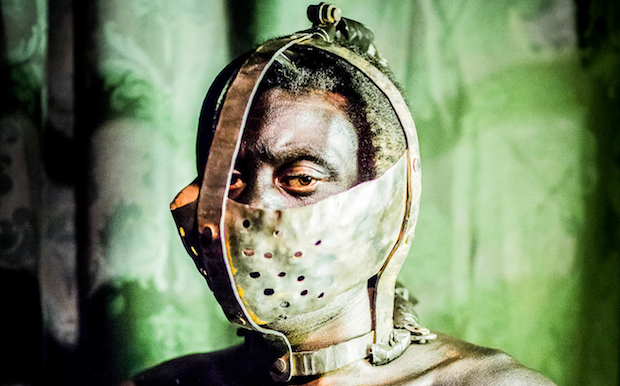Having met with an equal mix of critical acclaim and revulsion at the Edinburgh Festival, Brett Bailey’s Exhibit B – based on the ‘human zoos’ and ethnographic displays of the late 19th century – opens today at the Barbican. I have not seen it yet, but as someone with coloured South African heritage – well aware of the European brutality during the ‘Scramble for Africa’ – I have little desire to.
To some, Exhibit B will be racist and needlessly provocative. To others, it will be thought-provoking and poignant. The show ostensibly uses stark, racist imagery to make an anti-racist statement.
Is Exhibit B offensive? The 19,000-odd people who have signed the e-petition to have it withdrawn certainly think so.
No-one can deny that the images of black suffering provocatively paraded in the show are painful to behold, especially for people of colour. That British arts spaces rarely show positive images of black people is further grist to the protesters’ mill. Likewise, it’s lamentable that black British artists are seldom given space by top artistic institutions to tell their own stories.
The shocking nature of the piece is exacerbated by the fact that the artist is a white South African.
But the exhibition should not be withdrawn simply because it deals with topics that offend our sensibilities. The myopically draconian reaction of seeking to have art banned is to embark upon a very slippery slope. History has shown that it is one that leads to a despotism exercised more often than not by cultural philistines.
The sad truth is that the events depicted in Exhibit B did occur in one unenlightened epoch. That a piece of art (regardless of the ethnicity of its creator) is striving to deal with those events and that an arts venue is willing to display it should be seen as a sign of progress.
Rather than campaigning to have Exhibit B withdrawn, we should either make our objections felt by boycotting it, or by going to see it and critiquing it. Withdrawing it will not change the iniquities of history or lessen the injustices suffered by the Africans it depicts. Far better to acknowledge these tragedies happened, discuss them openly and, in so doing, ensure that they never happen again.
As an ostensibly humane, compassionate and enlightened society, we owe it to the memory of the Africans in Exhibit B to never forget the brutality they were made to endure. And if doing so means going to see those horrors graphically depicted in an exhibition, then so be it.
Lindsay Johns is a writer, broadcaster and currently a (non-residential) Fellow at the Hutchins Center for African and African-American Research at Harvard University






Comments